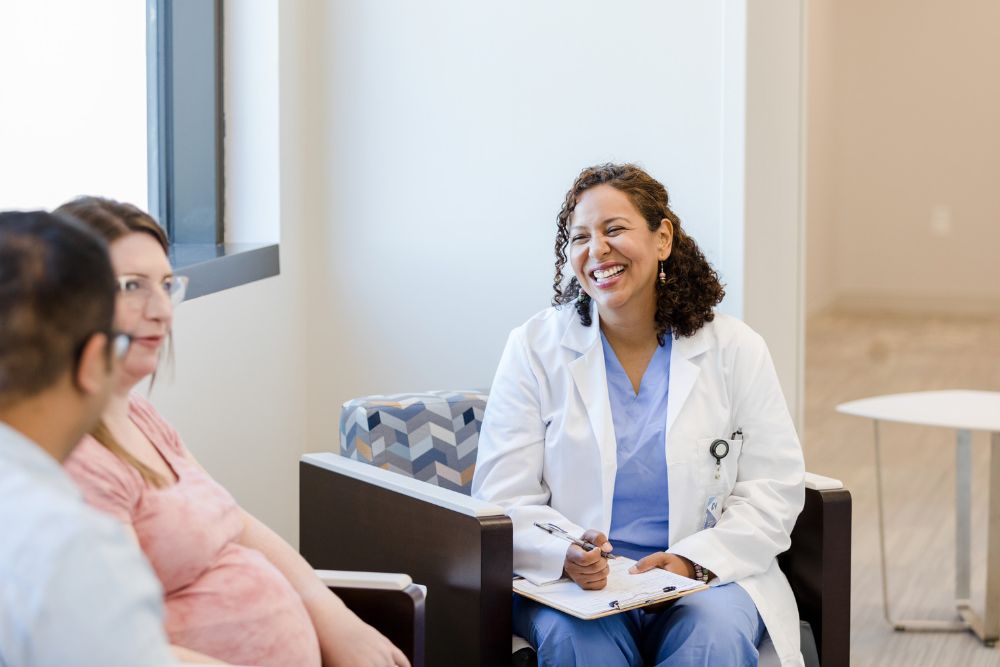
The OB/GYN plays an important role in a woman’s life. Regular checkups are essential to maintain good health and address any concerns or issues that may arise. But how often should you visit your OB/GYN? Let’s explore this question to help you make the best decision for your health.
When Should You Start Seeing an OB/GYN?
Ideally, it is best to start seeing an OB/GYN when you turn 18 or become sexually active. This initial visit will involve discussing your family history and any existing medical conditions and getting baseline lab work done. An exam of the breasts and pelvic organs is also recommended. During this visit, you can also discuss contraception options if necessary.
How Often Should You See Your OB/GYN?
The frequency of visits depends on several factors, such as age, health status, lifestyle, and risk factors for certain diseases or conditions. Generally speaking, a yearly checkup is recommended for most women between the ages of 18-30 who are not pregnant and have no medical conditions that require more frequent care. Women over 30 should typically get checked once every two years unless their doctor recommends otherwise.
Suppose you have a history of gynecological issues like endometriosis or fibroids. In that case, staying in close contact with your doctor and following their recommendations regarding how frequently they want to see you is important. Additionally, suppose you are pregnant or trying to conceive soon. In that case, more frequent visits will be necessary so that your doctor can monitor fetal development and address any potential concerns promptly.
Visiting an OB/GYN regularly is vital for maintaining good health throughout all stages of life-from adolescence through menopause and beyond! Taking the time for regular checkups allows your doctor to evaluate any changes in your body since the last visit and address any areas of concern before they become serious problems. The frequency of visits varies from person to person based on individual needs; however, yearly checkups are usually sufficient for most women who are not pregnant or at high risk for certain diseases or conditions. Ultimately, follow your doctor’s advice regarding how often you should come for a routine checkup!
